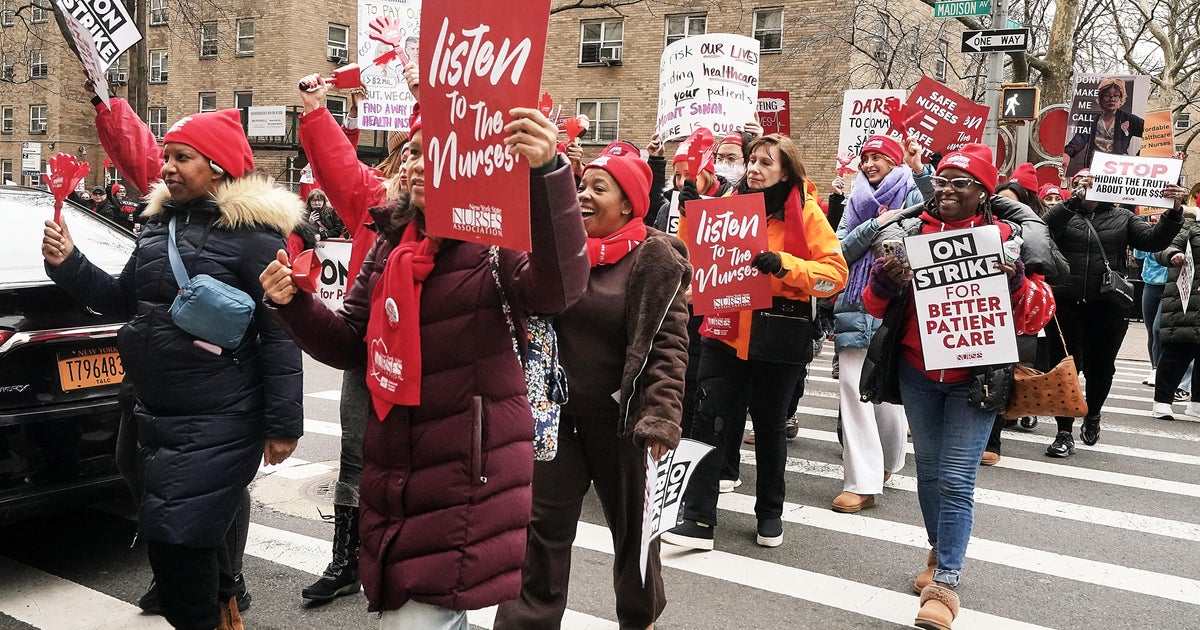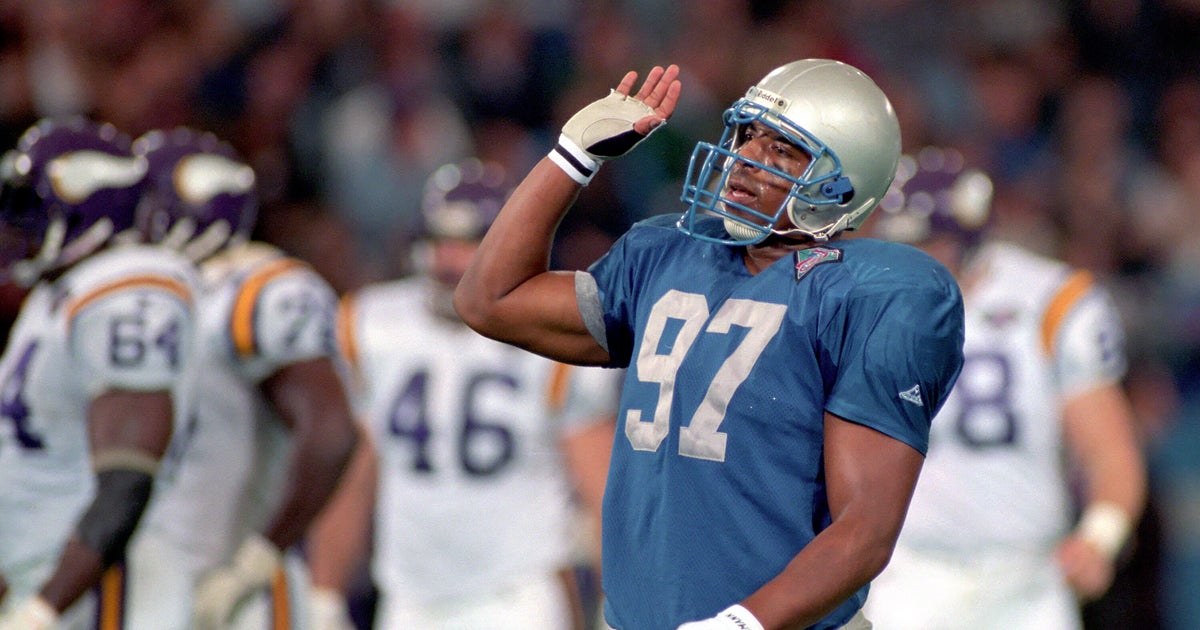What Proposal Did The NFLPA Reject?
After 16 days of mediated talks, the NFL and the players' union could not reach agreement on a new labor deal. The NFL released what it described as a summary of its proposal to the union:
1. We more than split the economic difference between us, increasing our proposed cap for 2011 significantly and accepting the union's proposed cap number for 2014 ($161 million per club).
2. An entry-level compensation system based on the union's "rookie cap" proposal, rather than the wage scale proposed by the clubs. Under the NFL proposal, players drafted in rounds 2-7 would be paid the same or more than they are paid today. Savings from the first round would be reallocated to veteran players and benefits.
3. A guarantee of up to $1 million of a player's salary for the contract year after his injury the first time that the clubs have offered a standard multiyear injury guarantee.
4. Immediate implementation of changes to promote player health and safety by: reducing the offseason program by five weeks, reducing OTAs (organized team activities) from 14 to 10 and limiting on-field practice time and contact; limiting full-contact practices in the preseason and regular season; and increasing number of days off for players.
5. Commit that any change to an 18-game season will be made only by agreement and that the 2011 and 2012 seasons will be played under the current 16-game format.
6. Owner funding of $82 million in 2011-12 to support additional benefits to former players, which would increase retirement benefits for more than 2,000 former players by nearly 60 percent.
7. Offer current players the opportunity to remain in the player medical plan for life.
8. Third-party arbitration for appeals in the drug and steroid programs.
9. Improvements in the Mackey plan (designed for players suffering from dementia and other brain-related problems), disability plan and degree-completion bonus program.
10. A per-club cash minimum spend of 90 percent of the salary cap over three seasons.
Copyright 2011 by STATS LLC and The Associated Press. Any commercial use or distribution without the express written consent of STATS LLC and The Associated Press is strictly prohibited.







